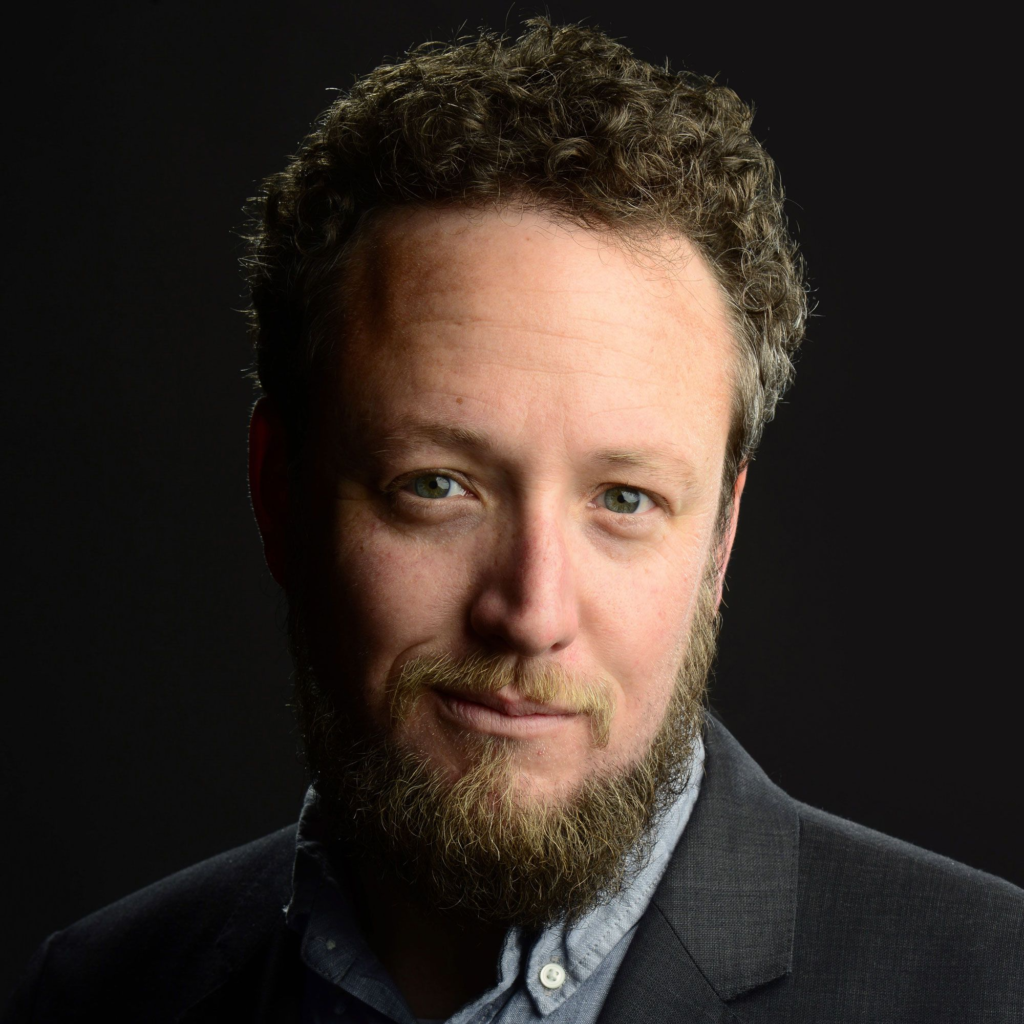SEATTLE, May 31 (Reuters) – Some Amazon.com Inc (AMZN.O) employees staged a walkout on Wednesday in protest of the e-commerce giant’s changes to its climate policy, layoffs and a return-to-office mandate.
More than 100 people gathered in the afternoon by the Spheres, the glass-dome monument at the heart of Amazon’s Seattle headquarters, according to a Reuters witness. “Emissions climbing. Time to act!” the group chanted. “Stand together; don’t turn back!”
More than 1,900 employees had pledged to protest globally, according to the organizers, an activist group known as Amazon Employees for Climate Justice (AECJ).
Amazon said it had not observed actions other than in Seattle.
The walkout follows moves that took Amazon “in the wrong direction,” AECJ has said. Among them, the company recently eliminated a goal to make all Amazon shipments net zero for carbon emissions by 2030, though it still has a broader pledge on climate for a decade later.
[1/3] Amazon workers participate in a walkout at Amazon Headquarters, in Seattle, Washington, U.S., May 31, 2023. REUTERS/Matt Mills McKnight
Amazon also announced some 27,000 role cuts in recent months, or 9% of its corporate workforce, a shift for a company that long touted its job creation. A return-to-office mandate by May 1 caused confusion for some staff as to whether they needed to relocate homes nearer to work or whether they would be laid off beforehand.
In a statement, Amazon spokesperson Brad Glasser said the company is pushing hard to cut its carbon emissions.
“For companies like ours who consume a lot of power, and have very substantial transportation, packaging, and physical building assets, it’ll take time to accomplish,” he said. “We remain on track to get to 100% renewable energy by 2025.”
He added that Amazon listens to employee feedback and was happy with the collaboration that arose from its return-to-office policy.
There have been other protests in recent years, including in 2019, when Amazon workers were among hundreds of employees of large technology companies to join marches in San Francisco and Seattle, saying their employers were too slow to tackle global warming.
Reporting by Matt McKnight in Seattle, Tiyashi Datta in Bengaluru and Jeffrey Dastin in Palo Alto, California; Editing by David Gregorio
: .


